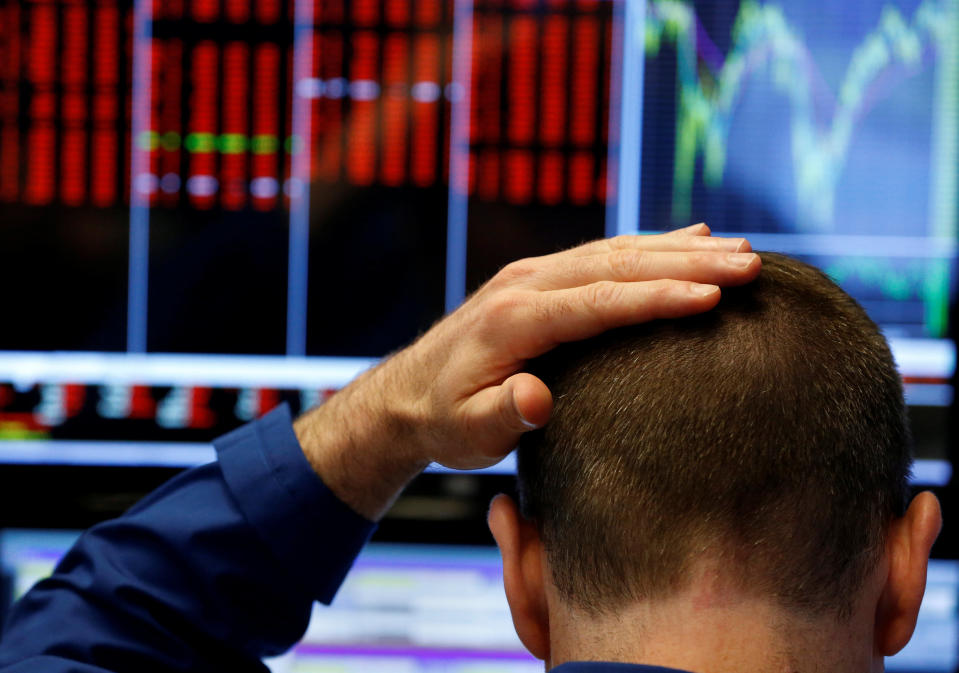TARP watchdog: The 'collective amnesia' of politicians today is 'terrifying'
Neil Barofsky, who managed the U.S. government’s Troubled Asset Relief Program 10 years ago, says the “collective amnesia” of politicians leading a push to roll back post-crisis protections is “terrifying.”
Barofsky was an watchdog of the federal bailout program that saw the government sign over $700 billion to the U.S. Department of Treasury in an effort to stabilize the economy and financial system in the midst of the 2008 great financial crisis. He said politicians are making a big mistake pushing forward with deregulation and rolling back rules designed the prevent another collapse like the 2008 financial crisis.
“It seems crazy that we’re even talking about this,” Barofsky told Yahoo Finance, specifically pointing out recently passed legislation to loosen capital requirements – or the amount of liquid and easy-to-sell assets banks must hold – and congressional discussions about rolling back the so-called Volcker rule, which prohibits banks from certain investment activities with their own accounts and limits their dealings with hedge funds and private equity funds.

“These are all things that led directly to the last crisis and the fact that we’re sitting here 10 years later actively discussing undoing these reforms is just such a case of collective amnesia that it’s a little bit terrifying,” he said.
Lawmakers have been rolling back the rules on banks as executives and lobbyists have argued they are overburdened with regulations that make it difficult for them to offer credit and financing to business owners and prospective home buyers.
“It’s the exact same things that were said before the last crisis to loosen capital. It’s the same playbook – international competitiveness, lack of profitability – and it’s just demonstrably untrue,” Barofsky said.
That Congress and recently officials from the Federal Reserve have gotten onboard recently Barofsky said is “one of the more dangerous things that’s happening right now.”
—
See also:
Wall Street managers have cost Americans more than $600 billion over the past decade
It’s the end of the world as we know it, and investors feel bullish
The dollar’s status as the world’s funding currency is in question
Why Trump’s trade war hasn’t tanked the market or the economy yet
Dion Rabouin is a global markets reporter for Yahoo Finance. Follow him on Twitter: @DionRabouin.
Follow Yahoo Finance on Facebook, Twitter, Instagram, reddit, Flipboard, and LinkedIn.

 Yahoo Finance
Yahoo Finance 

